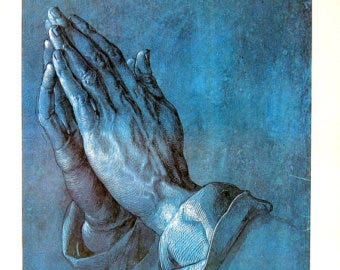PROMPT #13
BY ELIZABETH METZGER
Syntax of the Imagination
I’ve been thinking a lot about Shakespeare’s Sonnet 73, especially the line “When yellow leaves, or none, or few, do hang” which I love so much for the order of the catalog. Poetry has the power to steer our imagination against time. First we imagine the tree with yellow leaves, then we strip the tree of leaves, then we put a few back on. The depiction of Late Fall/Early Winter has the hint of returning Spring, the reminder of time as cyclical and seasonal even if a lifetime feels otherwise.
Where are you in your life’s seasons? What would you name the seasons, the phases that repeat and return? These might be emotional states, people in your life, or places you’ve lived or traveled. Write your own sonnet or ode to a particular time—perhaps a season in the world around you or perhaps your own made-up season.
Situate the speaker’s present predicament or question of the universe in this context—perhaps it is the world of the poem or perhaps it serves as a memory within the poem or the source of a metaphor. Somewhere in your poem let your precise description surprise or distort reality by altering the order of information, the syntax—or you might try other adjustments, such as changing an “it” to “he/she/they” like this line I overheard today “she’s just a green door in a world of brown doors.” How can you use the order of your syntax (or a shift in tense or point of view) to steer and surprise the imagination of your reader?
In the final couplet of your sonnet or ode, address a you (the reader, a beloved, yourself, a universal other, god) beginning with “This you perceive,” “This you see,” or some other address to the observer that brings to the surface the act of looking.
Elizabeth Metzger is the author of The Going Is Forever (Milkweed, 2025) and Lying In, as well as The Spirit Papers, winner of the Juniper Prize for Poetry. Her poems have been published in the New Yorker, Paris Review, Poetry, American Poetry Review, The Nation, and Poem-a-Day. Her essays have been published in Boston Review, Guernica, Conjunctions, PN Review, and Literary Hub, among others. She is a poetry editor at the Los Angeles Review of Books and a co-editor of PROMPT.



